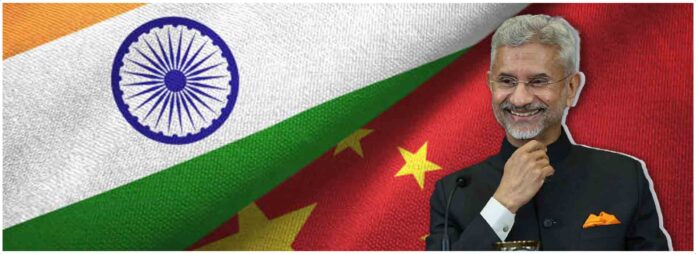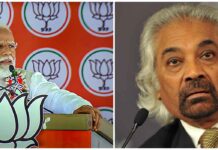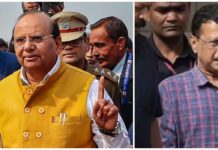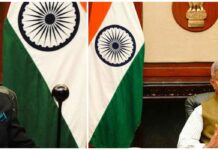In a world where geopolitics is increasingly complex and nuanced, India’s Union External Affairs Minister, Dr. Subrahmanyam Jaishankar, has emerged as a key player in shaping India’s foreign policy. His recent remarks during an interview have sparked intense discussion and analysis, as he ventured into the realm of international relations and trade dynamics. Dr. Jaishankar’s statement that the West is not the “bad guy” for not flooding Asian and African markets with goods on a massive scale is a noteworthy commentary on the global stage. In this blog, we will delve into the implications of his words and how they implicitly critique China’s narrative.
The Interview
During an interview with Malayalam news channel Asianet, Dr. Jaishankar made a statement that has reverberated across diplomatic circles. He asserted that the West should not be seen as the “bad guy” and that it’s unfair to attribute negative motives to Western countries for not inundating Asian and African markets with their goods. This statement comes at a time when global economic dynamics, trade wars, and political posturing are at the forefront of international discourse.
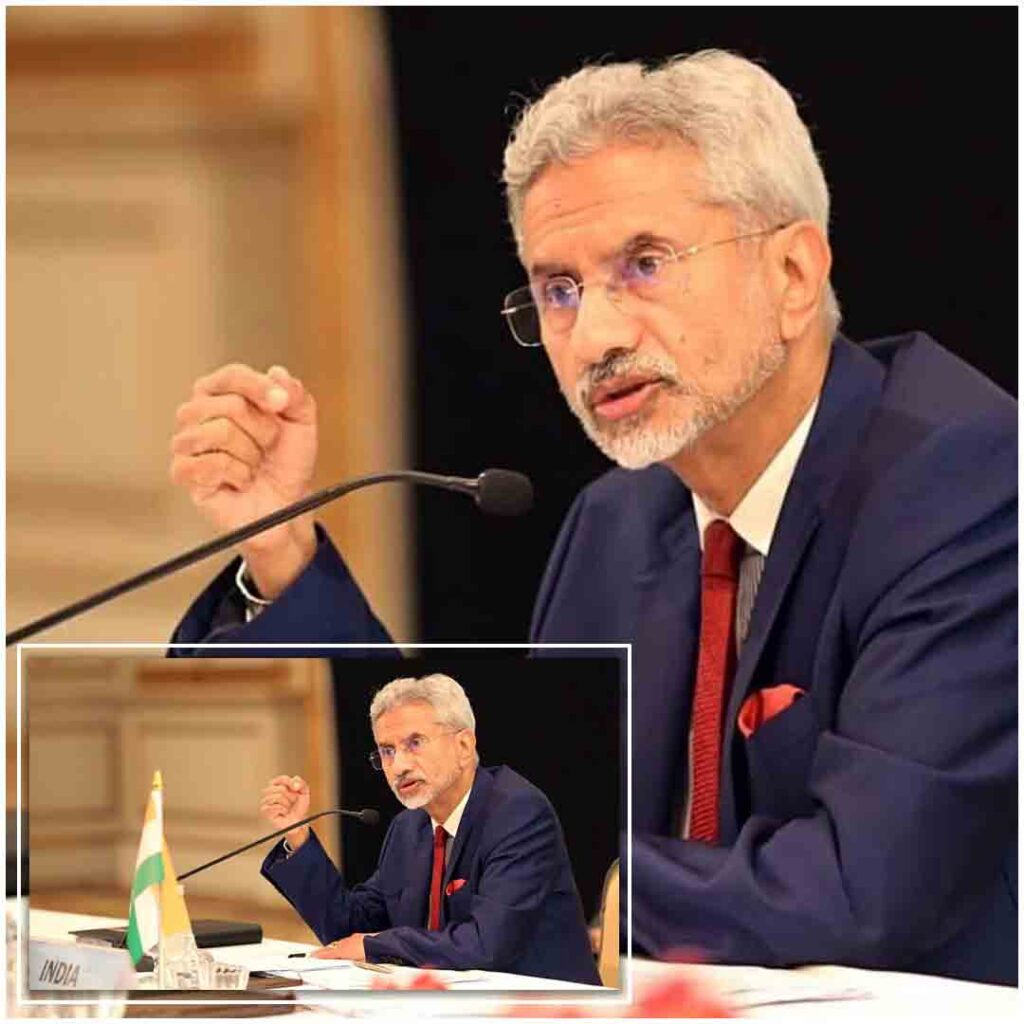
Understanding the Context
Dr. Jaishankar’s remarks should be viewed in the context of India’s evolving foreign policy and its strategic positioning in the world. India has long been cautious about its engagement with Western countries, balancing its interests with those of its Asian neighbors, particularly China. The statement appears to signal a shift in India’s approach, one that seeks to foster more cooperative relationships with Western nations.
Implicit Critique of China
Dr. Jaishankar’s implicit critique of China’s narrative becomes apparent when we examine the contrast he draws between the West and China in terms of flooding markets with goods. China has often been accused of engaging in unfair trade practices, including dumping cheap goods in foreign markets, which has led to trade imbalances and strained relations with several countries, including the United States.
By stating that the West is not flooding Asian and African markets, Dr. Jaishankar indirectly highlights China’s aggressive economic tactics. This carefully worded commentary serves as a diplomatic message that India is concerned about China’s role in the global economy and is positioning itself as a responsible and fair player in international trade.
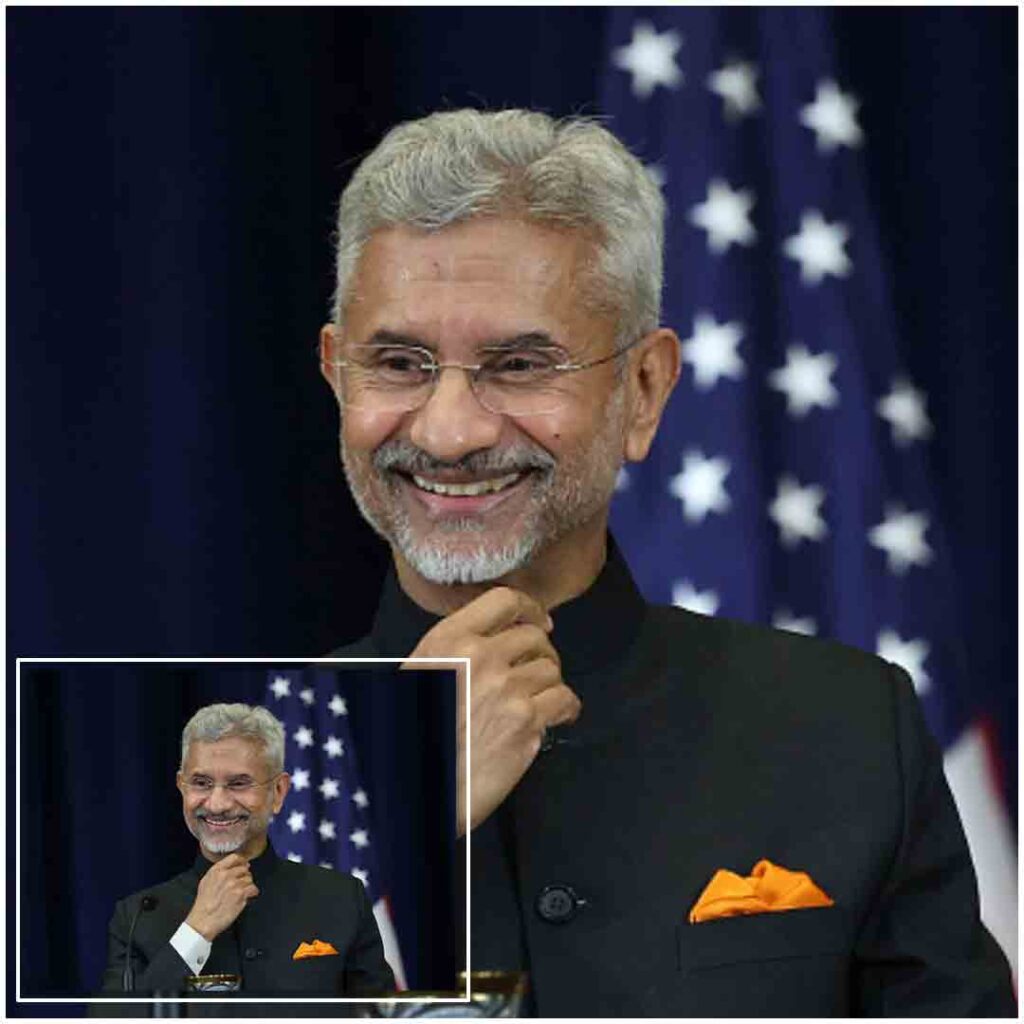
The ‘Syndrome’ of Viewing the West Negatively
In his interview, Dr. Jaishankar also touched upon the need to overcome the “syndrome” of seeing the West in a negative way. This statement underscores India’s desire to maintain a balanced and pragmatic approach to foreign relations. It suggests that India is open to constructive engagement with Western nations and is willing to shed any preconceived biases.
India’s Multifaceted Foreign Policy
Dr. Jaishankar’s comments must be understood within the broader framework of India’s foreign policy objectives. India is pursuing a multi-pronged strategy in its external relations, including strengthening ties with Western democracies, enhancing its influence in the Indo-Pacific region, and maintaining stability in its relations with China. Dr. Jaishankar’s statement aligns with these objectives, as it seeks to promote India as a credible and reliable partner on the world stage.
Conclusion
S. Jaishankar, India’s Union External Affairs Minister, has subtly sent a message to the world through his recent interview remarks. By asserting that the West is not the “bad guy” for not flooding Asian and African markets with goods on a massive scale, he has implicitly critiqued China’s aggressive trade tactics. His statement reflects India’s evolving foreign policy and its desire to play a responsible and constructive role in the international arena. As the global geopolitical landscape continues to evolve, Dr. Jaishankar’s words serve as a reminder that India is navigating the world stage with careful consideration and strategic intent.

